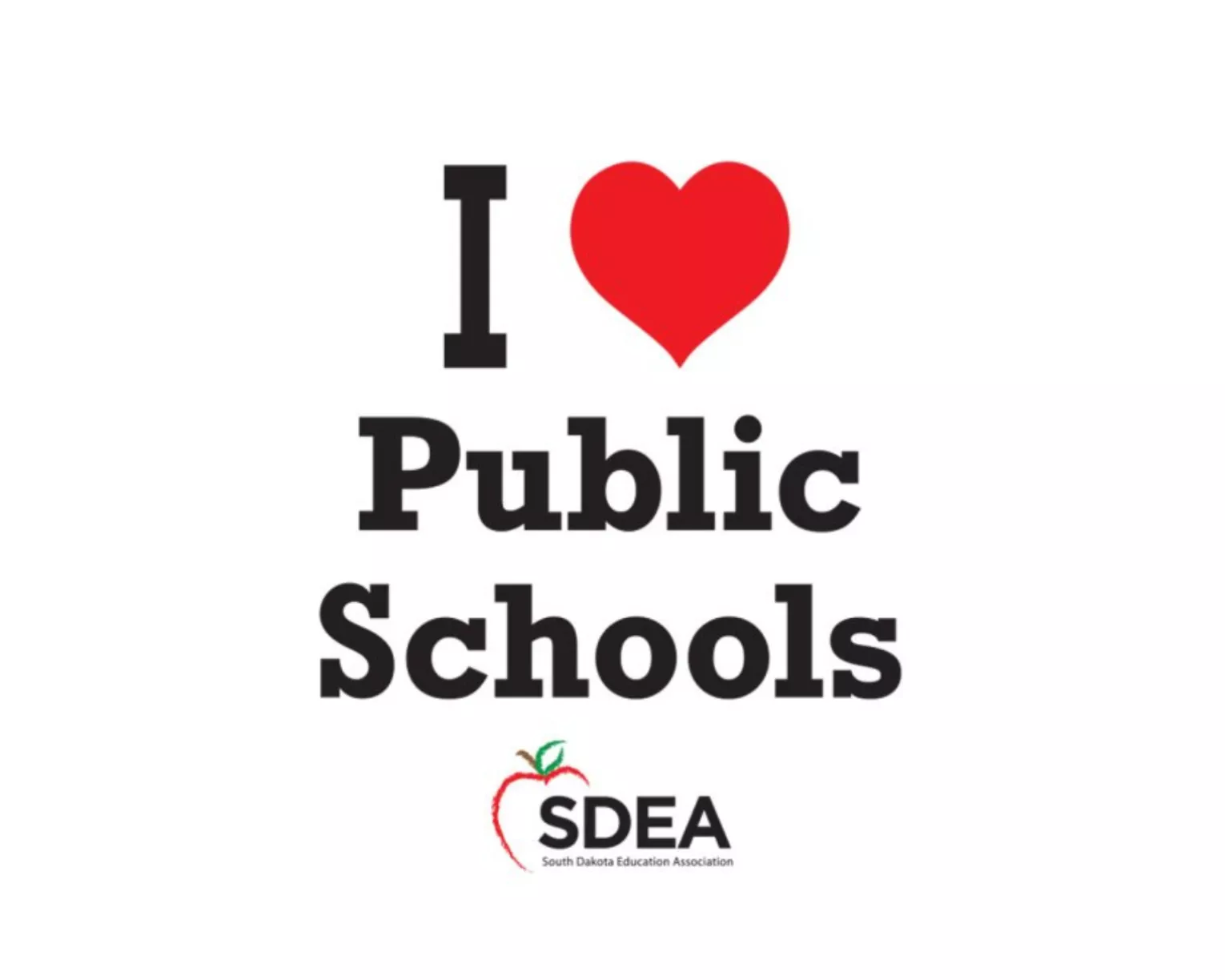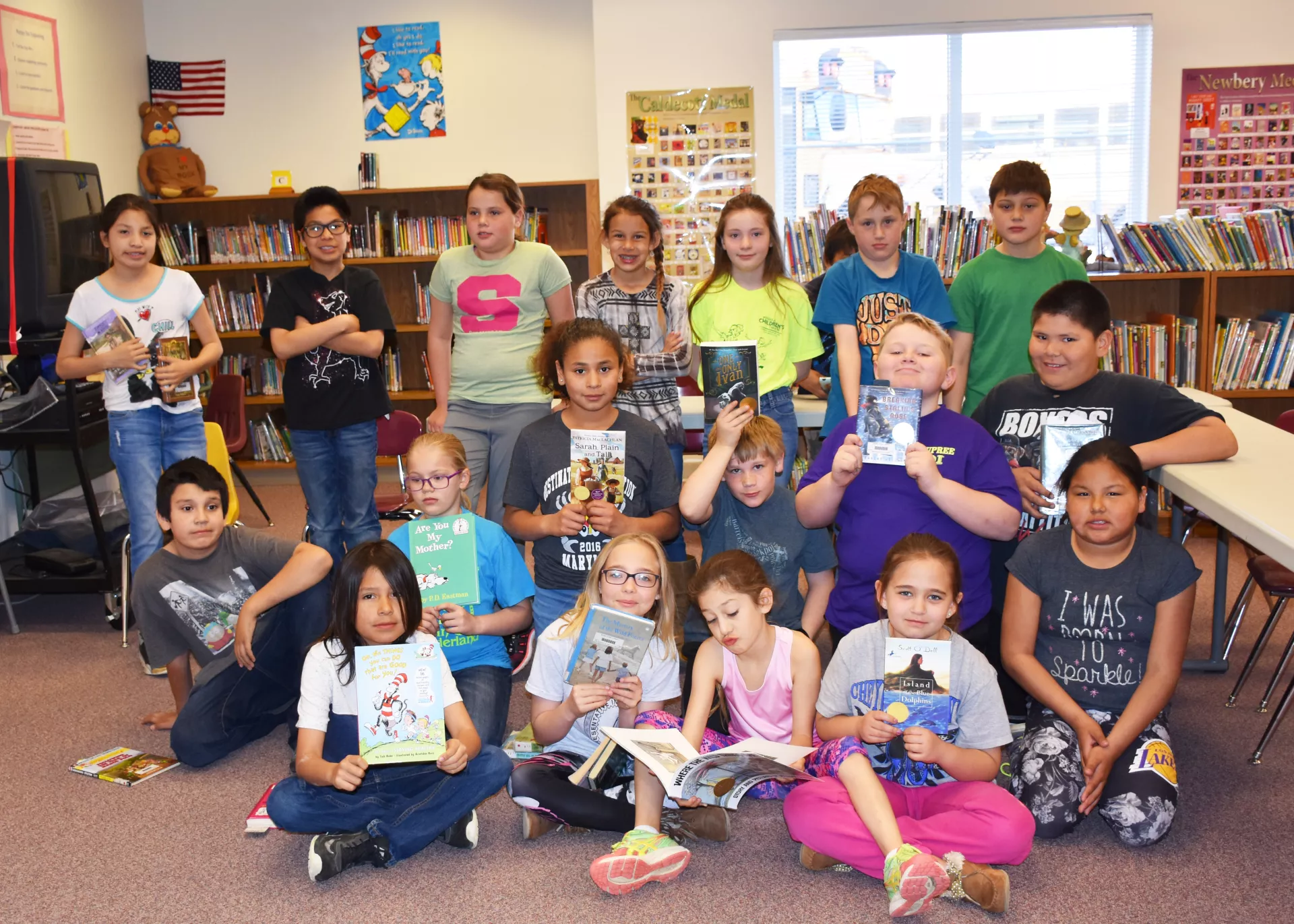Whatever our color, background, or zip code, we want our children to have an education that imparts honesty about who we are, integrity in how we treat others, and freedom to pursue our dreams. Certain politicians have denied some children the resources they need for a high-quality education by purposefully mischaracterizing and stoking fears about what is taught in schools and calling for book bans.
Censoring books written by mostly Black, brown, and LGBTQ authors denies students the ability to see themselves and understand our similarities and our differences. We’re joining together to make sure every student has to look no further than the shelves of their own school libraries to find age-appropriate books that show they are reflected and respected.
Between July 2021 and June 2022, more than 2,500 book bans were enacted in 138 districts in 32 states, resulting in the removal of more than 1,600 titles from school libraries and classrooms that serve roughly 4 million students, according to a report released this week by PEN America. And that’s likely an underestimate, as PEN America compiled only the bans reported to them or covered in the media.
HOW THIS HURTS STUDENTS
Celebrating the freedom to read and highlighting the value of free access to information, even when it’s unpopular or unorthodox—has never been more current or critical.
Today, the issue isn’t just the quantity of bans, PEN America notes. It’s about how these bans are instigated by politicians and embedded in legislation. These politicians like to say they’re representing parents, but parents’ concerns have been addressed for decades through established school policies. Instead, these efforts seem intended to generate headlines and campaign donations, and to divide parents against educators.
However, national polls show that parents and community members overwhelmingly trust educators to make the right choices about books and curricula. Instead of banning books or historical topics like slavery, the majority of voters—across political parties—want their elected officials to come up with real solutions to serious issues in education, like school shootings and a lack of funding for basic things.
The proliferation of bans and challenges are intended to make educators fearful and hesitant to address students’ concerns about history, identity, or more. The hope of those trying to censor and ban is that, out of an abundance of caution, educators engage in “soft censorship,” or the practice of avoiding any content that might lead their state representative to call them out on Facebook or school officials to search their classroom desks.
All of this hurts students.
Ready, Set, Grow!

Do you ❤️ Public Schools?
Together, we can create the great public schools our students deserve.
Sign the pledge to show your support for the education professionals who ensure our students have what they need to succeed.
